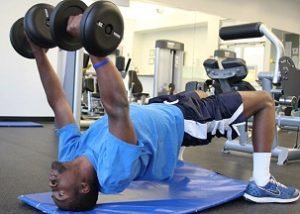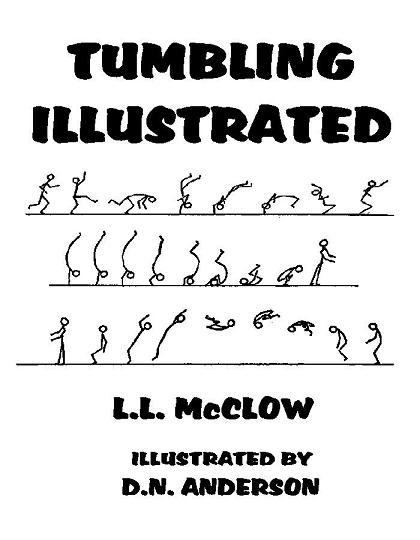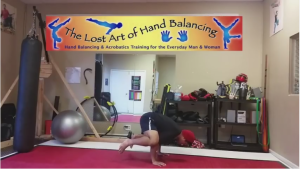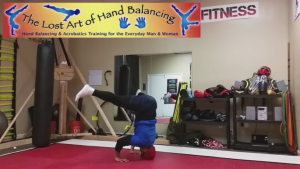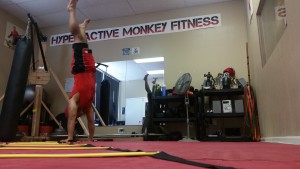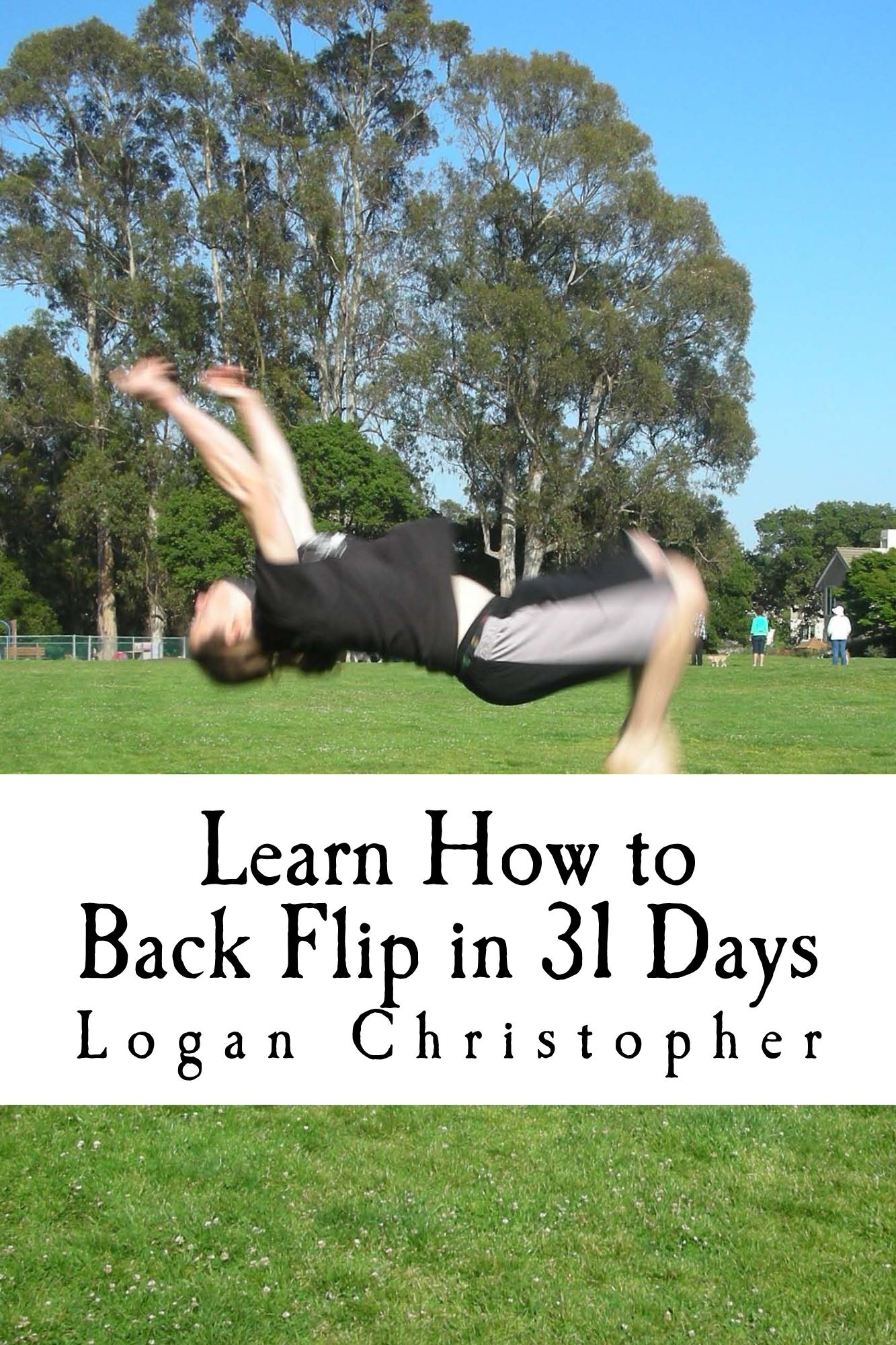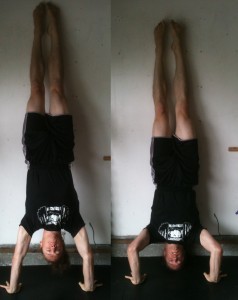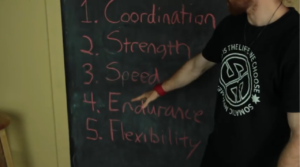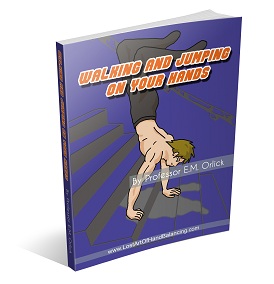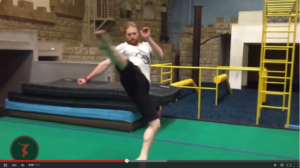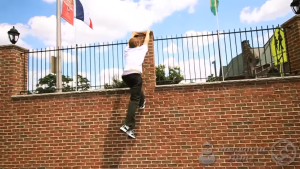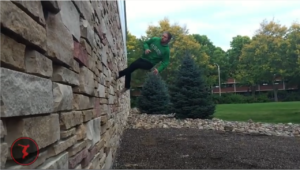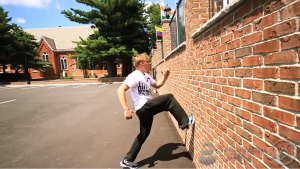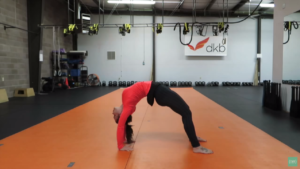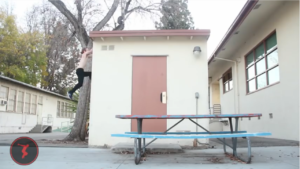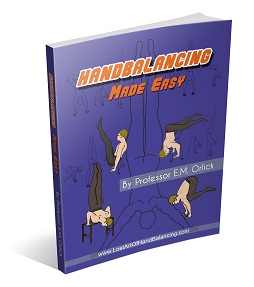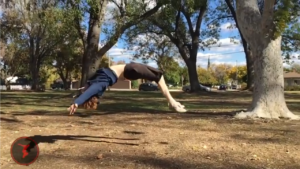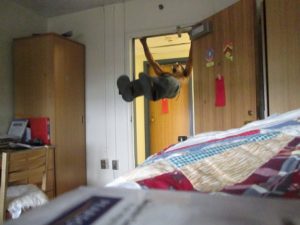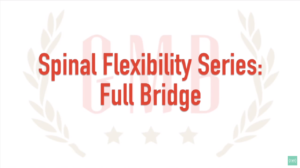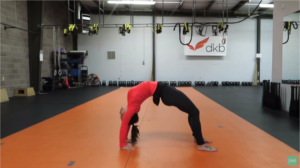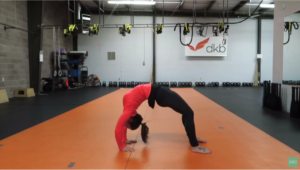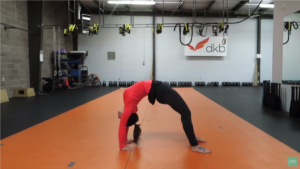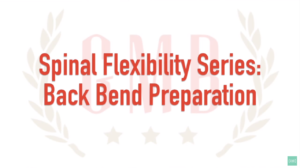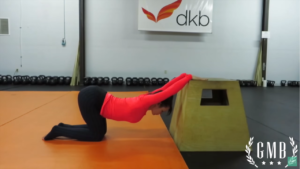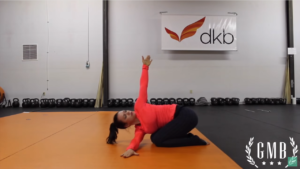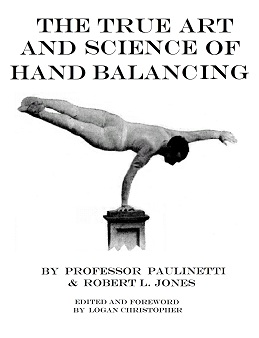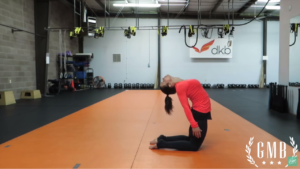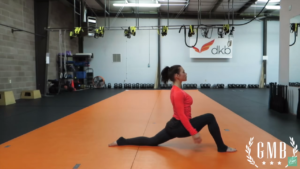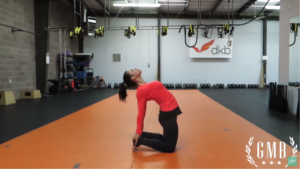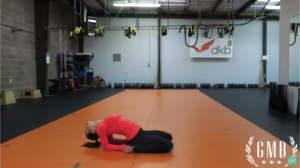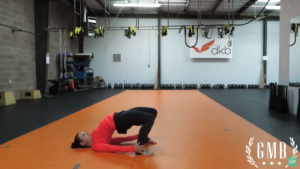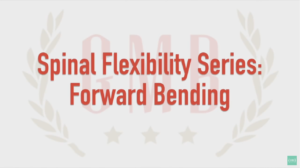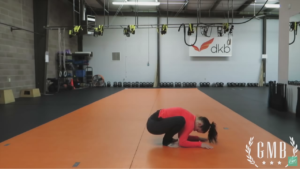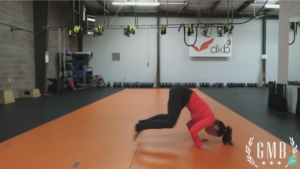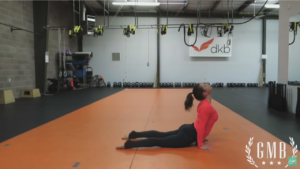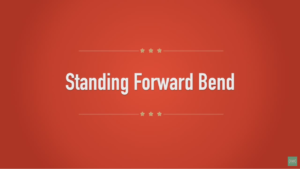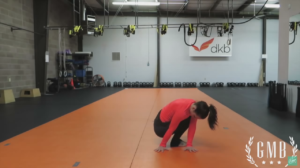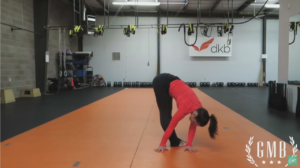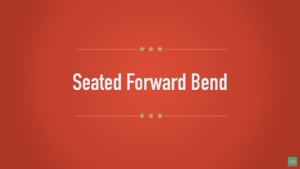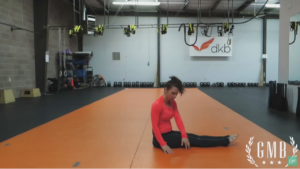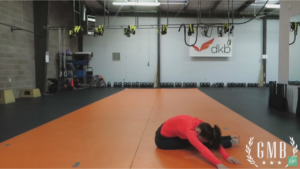If you’ve ever been inside a gym, I’m sure you’ve seen it: the classic gym bro doing bicep curls, perhaps easily at first, but soon devolves into using practically his entire body to curl the weight.
What you’re actually watching is the law of irradiation, one of the Sherrington laws. What it means, in essence, is that you can contract other muscles in your body to strengthen the one you’re applying force with. If you’d like to experiment with this, try tensing your glutes the next time you shake someone’s hand; you’ll find that your hands can actually apply more force with the handshake.
Let’s review the curling gym bro again. As he continues to do the bicep curls, his biceps get tired and lose their strength of contraction. To compensate, his abs, forearms, lats, glutes, and even feet start contracting in order to provide enough force to lift the weight — it’s an unconscious response.
The problem is that the form of the curl itself begins to look incredibly sloppy as he’s unconsciously recruiting other muscles.
Now, what does this mean for handstand training?
The Law of Irradiation for Handstands
Here’s a great video of Otto Arco doing hand balancing and muscle control (which is key for the LOI)
Well, the handstand is an exercise that largely focuses on the shoulders, triceps, lats, forearms, traps, scapular muscles, and your core. However, fully body tension is really needed to maintain proper handstand form. Part of the reason is that having relaxed muscles can throw off your balance with the exercises, but the other factor is that recruiting other muscle groups like your glutes, neck, calves etc. into the handstand will help the required muscles to contract stronger.
“But you said that contracting extra muscles ruined the curler’s form…” Therein lies the difference, unconscious muscle recruitment vs. conscious muscle recruitment.
See, if that bicep curler had muscle control, and could consciously choose to flex other muscles to compensate, he could do so without affecting his form. That way, he wouldn’t lose the benefit on his biceps, and would also increase the benefit to other muscle groups and his overall muscle control.
The same goes for handstand training. If you’re able to consciously recruit different muscles to develop your overall strength in the handstand, you can help to both maintain your form and develop muscle control. Sig Klein, Otto Arco, and Maxick, who are all legendary hand balancers, knew the importance of muscle control and the law of irradiation in training, and used both to their advantages.
Try it out: develop your muscle control, and boost your progress with the law of irradiation.
Then, if you want to try more advanced moves like the handstand pushup, you’ll be more prepared.

